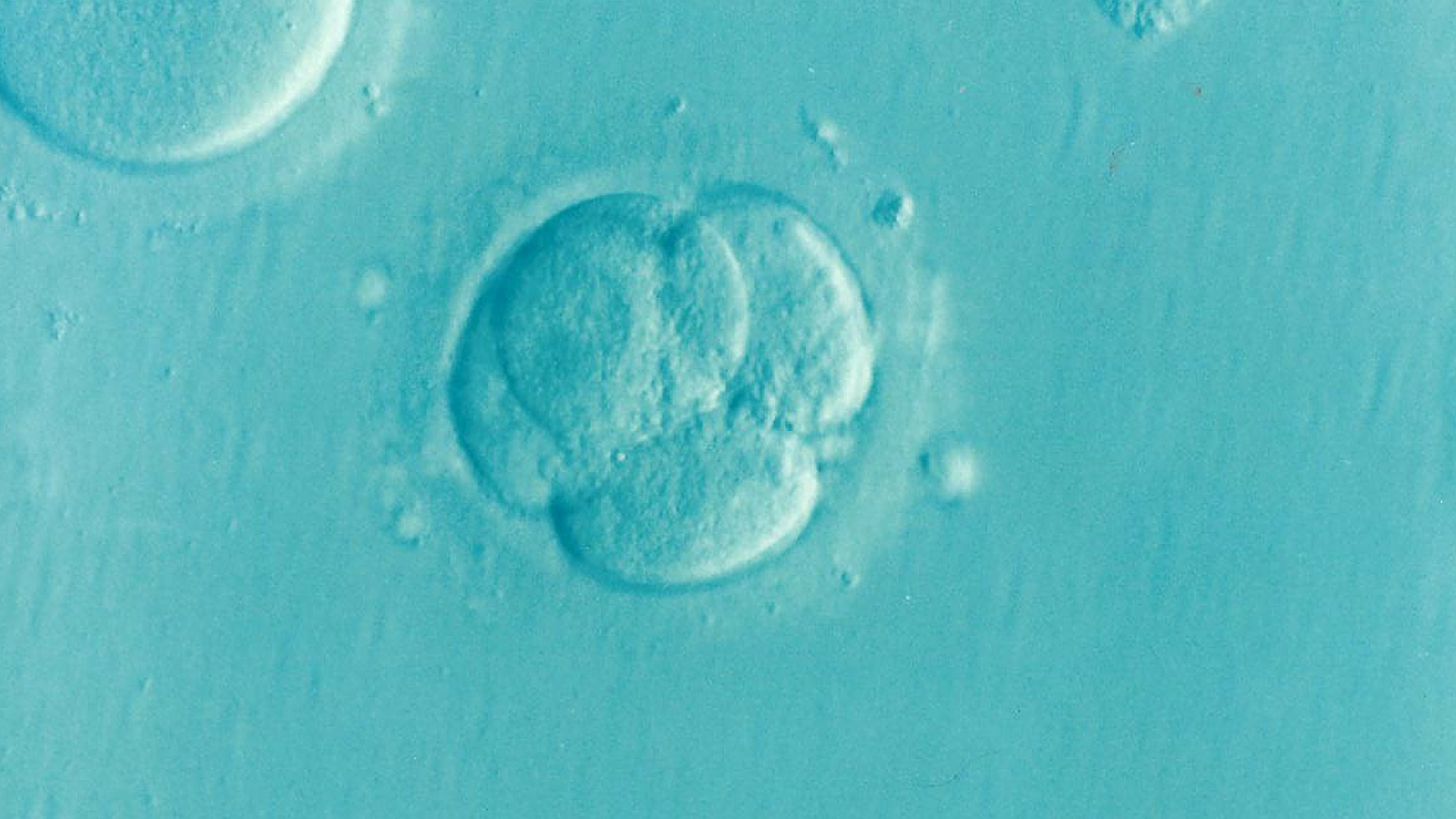The Risky Business of Embryo Selection
By Julianna LeMieux,
Genetic Engineering & Biotechnology News
| 04. 01. 2019
An anonymous incubator space just off the New Jersey Turnpike is the unlikely setting for Genomic Prediction, a genetic testing start-up that is daring to push the boundaries of preimplantation embryo screening, a technique curiously bereft of regulatory oversight. The company’s co-founder and chief scientific officer, Washington State native Nathan Treff, PhD, occupies a small office decorated with Pearl Jam posters, a Seattle Seahawks helmet, and a framed Genomic Prediction logo that features a sigil clearly inspired by the “Game of Thrones” House of Stark.
The lab space is well equipped with some Illumina benchtop sequencers and robotic devices, but there’s nothing to suggest the trail blazing path Genomic Prediction is pursuing. In addition to standard genetic tests—chromosome counts for Down syndrome and other aneuploidies and mutational tests for rare monogenic disorders—the Genomic Prediction menu includes newly developed polygenic risk scores (PRS) which assess the likelihood of developing complex polygenic diseases such as type 1 and 2 diabetes, coronary artery disease, cancer, hypothyroidism, inflammatory bowel disease, schizophrenia and others. Indeed, the company just secured its first formal client for the...
Related Articles
By Diaa Hadid and Shweta Desai, NPR | 01.29.2026
MUMBRA, India — The afternoon sun shines on the woman in a commuter-town café, highlighting her almond-shaped eyes and pale skin, a look often sought after by couples who need an egg to have a baby.
"I have good eggs,"...
By George Janes, BioNews | 01.12.2026
A heart attack patient has become the first person to be treated in a clinical trial of an experimental gene therapy, which aims to strengthen blood vessels after coronary bypass surgery.
Coronary artery bypass surgery is performed to treat...
By Staff, ScienceDaily | 01.05.2026
Scientists at UNSW Sydney have developed a new form of CRISPR technology that could make gene therapy safer while also resolving a decades-long debate about how genes are switched off. The research shows that small chemical markers attached to DNA
...
Following a long-standing CGS tradition, we present a selection of our favorite Biopolitical Times posts of the past year.
In 2025, we published up to four posts every month, written by 12 authors (staff, consultants and allies), some in collaboration and one simply credited to CGS.
These titles are presented in chronological order, except for three In Memoriam notices, which follow. Many more posts that are worth your time can be found in the archive. Scroll down and “VIEW...




